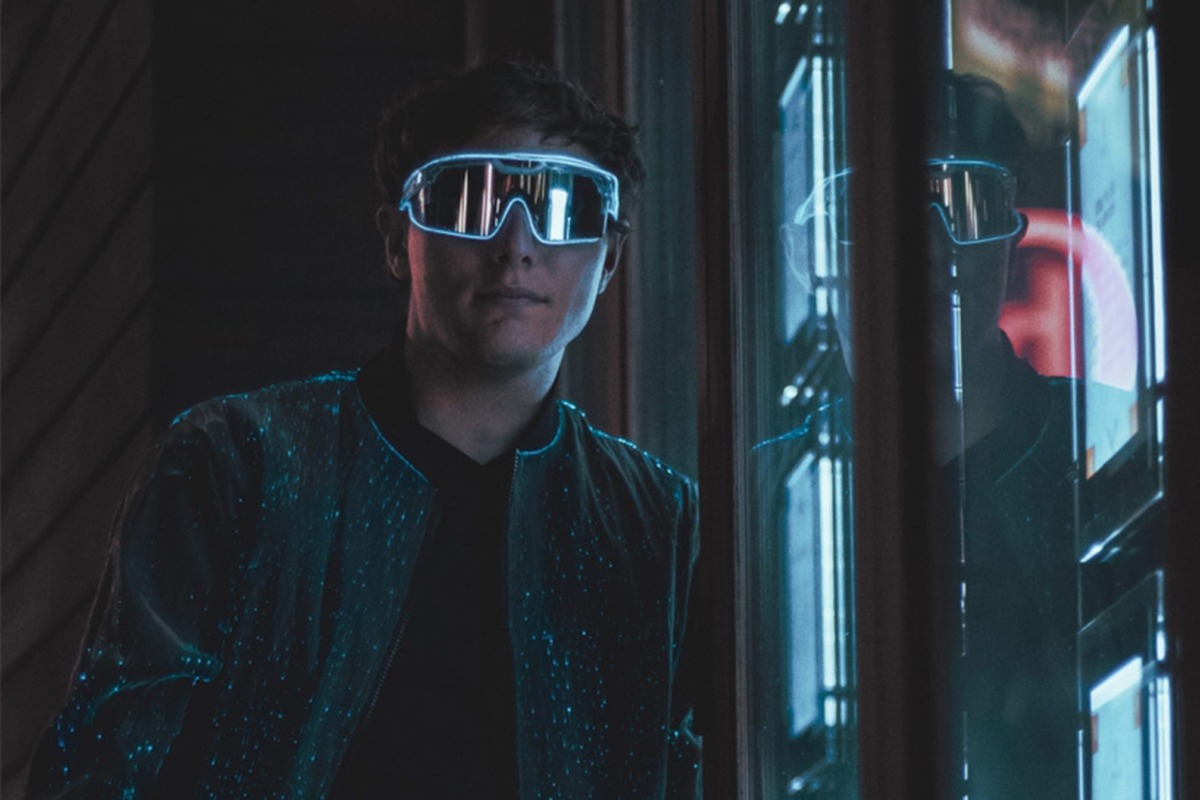Fans have been eagerly waiting for Evangelion: 3.0+1.0 Thrice Upon a Time, the fourth film in the legendary (and legendarily surreal) Neon Genesis Evangelion franchise to come out. Written by Hideaki Anno and produced by Studio Khara, the film is the last of the Rebuild of Evangelion films that present an alternate version of the Evangelion story that massively diverges from what was seen in the original anime.
The previous film, Evangelion: 3.0 You Can (Not) Redo, hit cinemas nine years ago, so fans have been waiting for this final act for quite a while. Initially scheduled for release in Japan on June 27, 2020, the film was heavily affected by the COVID-19 pandemic, forcing its Japanese release date back to January 23, 2021. However, further delays meant that the movie did not come out in Japan until March 8, with no confirmed US release at this time.
It has had a stunning opening week in Japan, making over 3.3 billion Yen at the box office and setting a new record for opening day sales for IMAX, earning $740,000. This massive opening weekend means that the early critical reviews are starting to roll in, and they seem very favorable.
Reviewers say that the film is a fitting send-off for Evangelion, one that greatly expands on both the TV show and the previous movies in both depth and scope, delivering dramatic, intense action and deep, well-thought-out character studies. However, the reviews are not without their criticisms, with many commenting on some characters getting limited or lacking development and general flaws in the world itself. Several reviewers have said that the animation, while stunning, does feature some very hard-to-follow sequences that put awe over cohesive storytelling.
Here is a selection of what English-language critics have been saying about the film:
Ollie Barder, Forbes: "From having seen the movie, all of this makes total sense. It really delivers on the story and how the characters, most notably that of Shinji, have grown. We get the resolutions we always hoped for in the TV series and the action is dialed up to eleven.
What makes this new movie special, though, is that after the big opening set-piece in Paris, which has been online for a while now, we have a more everyday setting for Shinji, Asuka and Rei to settle into. This whole section acts as a wonderful salve and makes the later events more impactful as a result. I really don’t want to spoil anything here, but Evangelion: 3.0+1.0 was really special. Not only in how it finished off the Rebuild of Evangelion series but also helped rationalize and justify aspects of the original TV series."
Ikuna Kamezawa, SoraNews24: “...that ending… it’s not that it was no good, but I was like ‘Is that how you’re gonna end it?!? “I think I probably just didn’t want Eva to end that way. It just didn’t feel Eva-like, and I was like ‘Seriously?!?’ Plus, knowing that this is really the end for the series makes me doubly sad. I wanted to keep watching it forever.”
Richard Eisenbeis of Anime News Network offers the most comprehensive review and breakdown of the film, delving into the details of several of its faults: "There are also problems with the world-building. Nerv, as we see it in this film and the previous one, is comprised solely of two humans and a handful of Rei clones. Yet, they are able to field everything from flying battleships to hundreds of Evangelions. The logistics behind what we see on screen must be staggering in their complexity, to the point of stretching the realm of believability."
However, they do go on to conclude that: "All in all, Evangelion: 3.0+1.0: Thrice Upon A Time is an excellent mix of new and old. It uses the same building blocks from decades before to create a new story with a more hopeful message. Characters are explored in interesting, dynamic ways and the film ties up the vast majority of loose ends that the previous films have left hanging. And while it does have some weaknesses in its world-building, you're likely to be so caught up in the adventure that you barely notice your first time through, or are willing to overlook them in the face of everything else it does well. Thrice Upon a Time bills itself as not only the end of the Rebuild of Evangelion tetralogy but the end of the entire Evangelion franchise. And, if nothing else, it certainly delivers a satisfying conclusion."
Matt Schley, The Japan Times: "In this film, Shinji takes a similar journey, with friends old and new helping him slowly reach a healthier mental state and take part in the final battle. As the action moves forward, that battle becomes increasingly surreal, eventually smashing through the fourth wall with abandon. Thrice is not the charm for those hoping for a definitive, easy-to-understand ending for “Evangelion.” Like its predecessors, 3.0+1.0 raises more questions than it answers. Time is a circle.
For me, that complexity is the true power of “Evangelion.” For all the robot action, merchandise, and the now decades-long debates about which character is cutest (the answer, for the record, is Misato), “3.0+1.0” and its brethren are essentially art films, the visions of a creator brave enough to bare his damaged soul on screen -- and help us look inside ourselves."
Evangelion: 3.0+1.0 Thrice Upon a Time is written by Hideaki Anno and produced by Studio Khara. It stars Megumi Ogata, Yūko Miyamura, Megumi Hayashibara, Fumihiko Tachiki and Ryunosuke Kamiki. It is distributed by Toho.
About The Author

